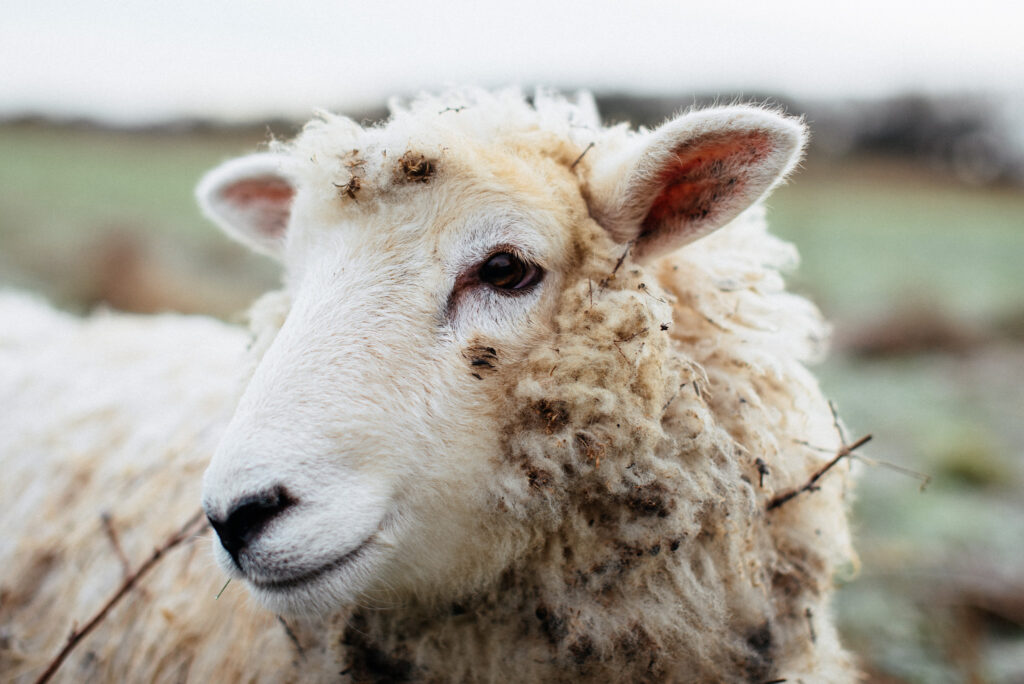April 2023 Edition
When Chris asked me to write this article, I gravitated into panic mode because this is a quiet part of the year and I was not sure what to write about, however we seem to have been continuously busy, so I had better fill you in on our out of season activities.
In order to achieve one of the principles of regenerative agriculture where grazing livestock can be returned to graze within an arable rotation, I decided to perimeter fence our two farms with a view to eventually fencing individual fields. This would be funded by grants when available, or by not spending thousands of pounds on phosphate and potash fertiliser. I am working on the principle that we may have sixty years of phosphate reserves within our soils, and we just need to stop disturbing the fungi within the soil so that they can access the nutrient and feed it to the plant roots. The same may be said for potash, however I do plan to react to Sap tests and apply foliar potash when required. I seem to have managed to fall out with two or three fencing contractors, so I needed a system where we could erect fences ourselves with the skill set of our farm staff, (Carl, Anna, and myself).
Having spent days throughout my career patching up livestock fences where the wooden posts have rotted just below the surface of the ground, my attention was drawn to the steel post and Clipex stock netting which is supplied by McVeigh Parker. We erected a short distance of fence, and the appearance was very respectable and functional. Rolling out the netting and sinking some of the straining posts highlighted a few problem areas if we were to continue at scale. So I invested in a Quickfencer to roll out and tension the netting/ barbed wire, I also invested in a post knocker. I don’t envisage either of these items depreciating a huge amount of money and I could possibly sell them when my fences are complete.
Just after Christmas we completed our first section of perimeter fence, and this has allowed us to graze three fields with ease and confidence. Other spin offs include hopefully deterring dogs from hassling or killing our sheep and pinning back the public to the public footpath. During lockdown there seemed to be a right to roam over the whole farm. Excitingly we now having sheep grazing our arable fields for the first time in more than one hundred years. Will there be a cost benefit to all this cost and effort, I can hear you say? The answer is that I don’t know. All I do know is that the soils have evolved over thousands of years with grazing animals and, at the risk of harping back to Gabe Brown’s Dirt to Soil book, he prescribed grazing, and it just feels right to me. We were lucky enough to go to the Groundswell site to listen to Gabe Brown and his two colleagues. We learnt bits here and there, but our climate is so different to theirs, so we just must believe in his principles and try to make them work in our climate and on our soils.
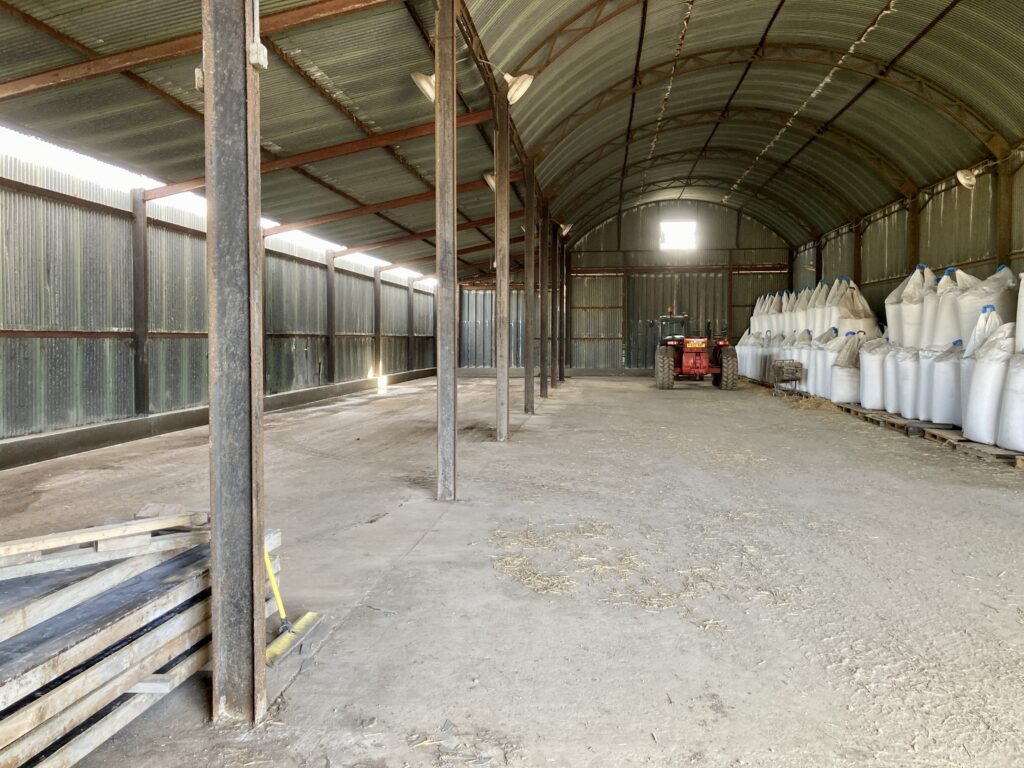
In association with the film crew of ‘Six Inches of Soil’, a film that my daughter Anna is appearing in, we visited John Pawsey. There we spent a day discussing the differences and similarities between Regen farming and Organic farming. We had a common goal of producing wholesome crops and caring for the soil and if glyphosate ever gets banned, we may all be knocking on John’s door to see how we can manage our regen farming without one of the major chemicals within our armoury.
On John’s farm Anna got the opportunity to sit in the cab with John’s ploughman Sam who was skilfully ploughing at only four inches deep, the very same depth that the horse drawn ploughs operated at. Indeed, the question at the back of many farmers minds may well be which is the worst of the two evils, a low dose of glyphosate or shallow/ slow ploughing? Gabe Brown does not do either but having been to hear him speak and read his book, I still don’t really know how we can achieve this goal. For a few years I have been buying Gabe’s books in lots of ten books at a time and giving a book to any farmer who shows an interest in Regen faming. I was not aware that Anna had told Gabe about my book donating strategy, and he personally signed a book for me, and Anna gave the signed book to me for Christmas.
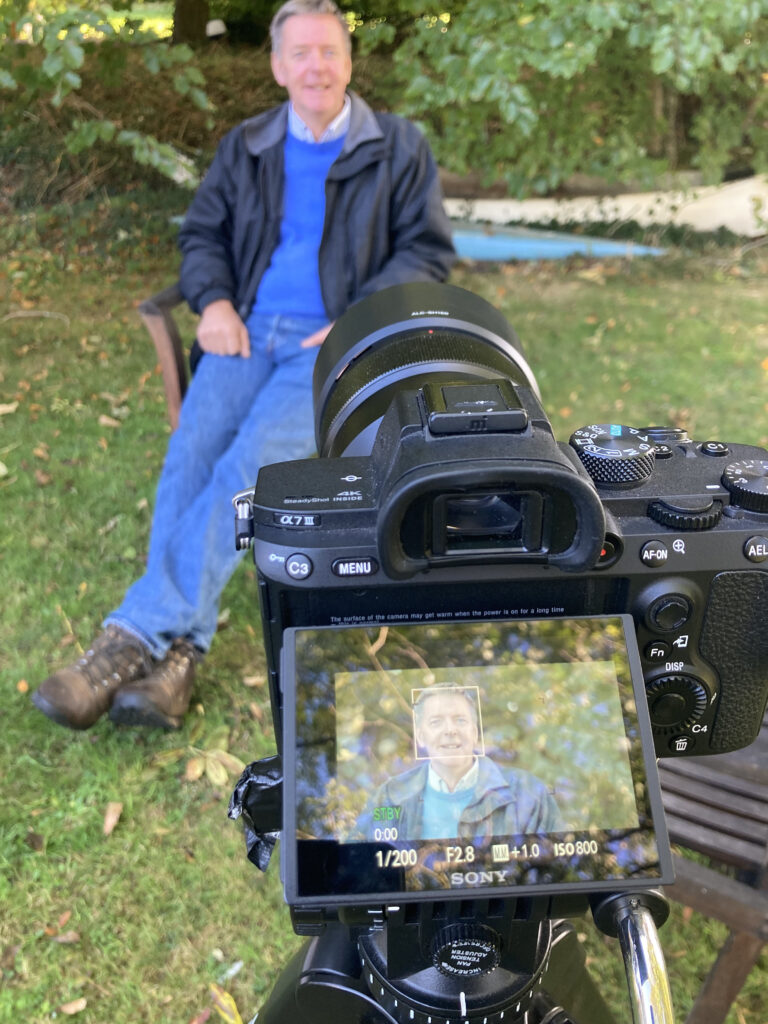
After Christmas we attended two conferences, the National Farm Attractions at Harrogate, and the BASE UK at Nottingham. Coincidentally, both featured the same motivational speaker, David Hyner. His presentation was slightly different for each conference, but the message from the Farm Attractions Conference was that you should strive for a goal and even if it is deemed impossible, this should not become a barrier to success. I hatched a plan and this must have been very different from all the Farm Attraction operators in the room. My plan was to strive for the impossible, to aim to grow a 10 T/Ha crop of wheat, direct drilled, without using fungicides, insecticides and applying only 100Kg/N/Ha.
A ten-tonne crop per Hectare is a reasonable target using normal crop production techniques, but my goal was threefold. If achieved, the cost of production would be so low that the grower would almost certainly make money. If it could work with wheat, the system would work throughout the other crops within the rotation and lastly this achievement might make all those farmers who look over my hedge and wonder what the hell is he up to this time, think again.
For some time, I have been considering setting up a regional/local cluster group, I have encountered many local farmers who may have read about Regenerative farming [MD3] [MD4] in the farming press. They understand the logic but would like to discuss the topic before making a leap. The 10 T/Ha ‘impossible’ goal made me think that by sharing the goal and asking others to carry out their own trials, there might be more chance of reaching a blueprint, before I retire or die.
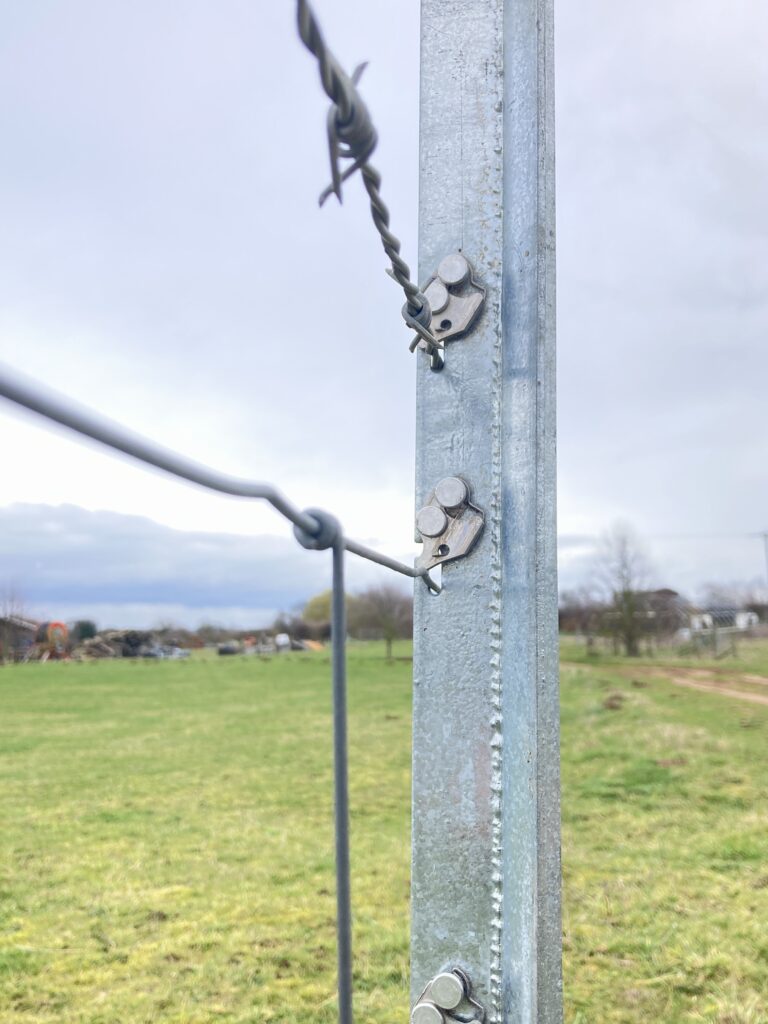
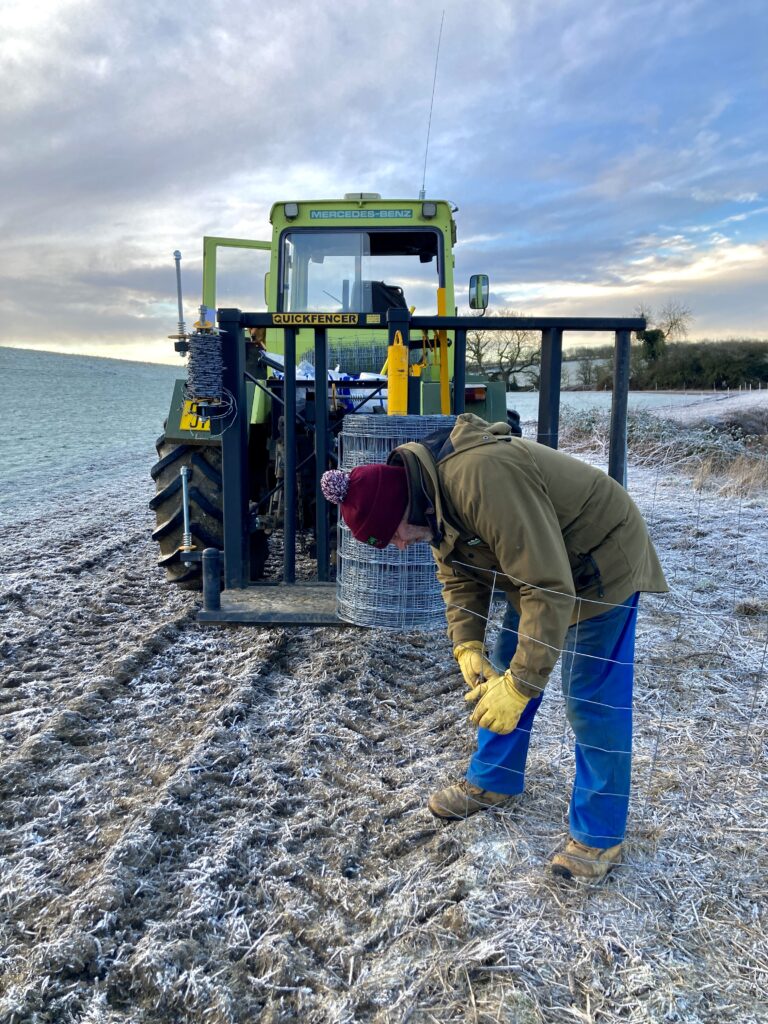
In February I attended a reunion of the 47th Business Management Course of the Worshipful Company of Farmers. The host was Rob Shepherd, and the reunion was based near his farm in Salisbury. Rob has been working with Wessex Water to form a cluster group to examine the influence of agriculture on ground water, but also ways to improve biodiversity. Rob believes that there may be financial rewards through selling biodiversity and the cluster group or amalgamation of cluster groups may help bring this product to the marketplace. My thoughts are now that there could be other financial benefits from the creation of a regional cluster group.
Although my trials last season using foliar nitrogen were not successful, I have spoken to other farmers who have had success. Joel Williams and David Aglen, both told me at the BASE UK Conference that the ten-tonne goal may well be achievable and after sitting in on Joel’s foliar nitrogen course, I strongly believe that foliar nitrogen will be part of the strategy. Consequently, I have been to see two farmers who have been making nitrogen fertiliser by dissolving urea into water and researched the topic on the Farming Forum.
One of the two farmers that I visited had not considered foliar application, his aim was just to make nitrogen fertiliser at a more competitive price, so if I struggle with the foliar, hopefully I will be making some financial savings. Currently I am on some sort of “Challenge Anneka” (the younger reader will have to Google this TV program), to convert my redundant Dutch barn into a fertiliser making plant for use in April.
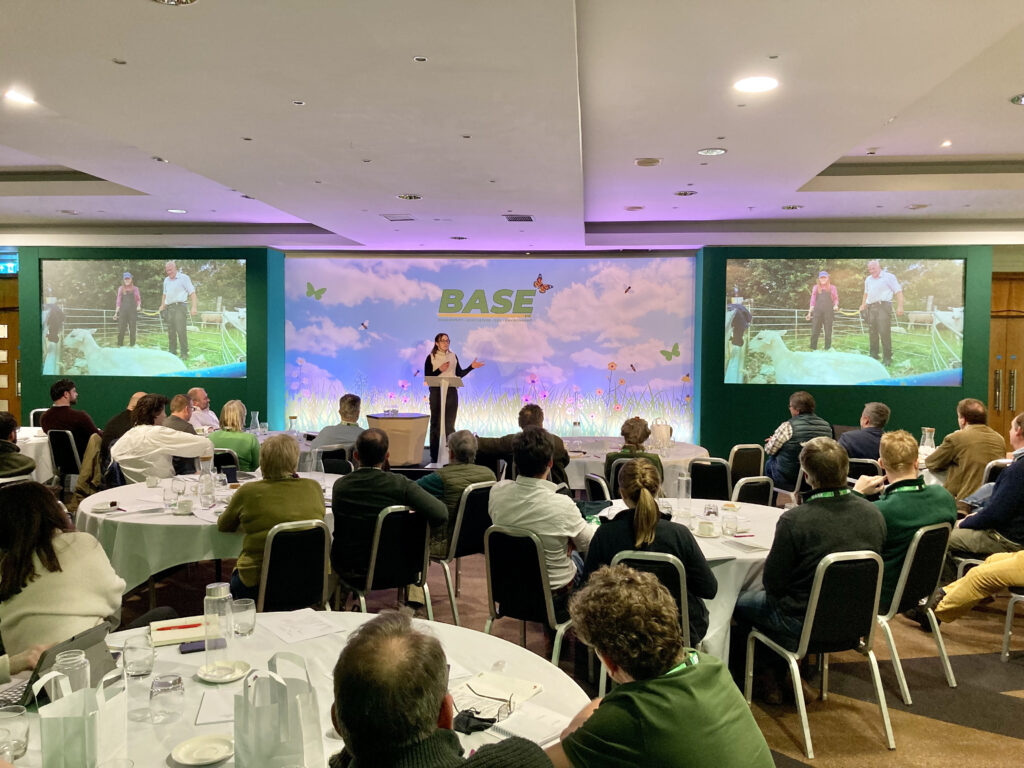
Anna spoke at the BASE UK Conference and after an afternoon of thought-provoking presentations, her light hearted look into her life and the start of her farming career went down well and many people offered complimentary comments. Last week we had our final filming with the ‘Six Inches of Soil’ crew. I believe that it went well, however I will never make an actor because of their failure to squeeze any emotion out of me for the film.
In my other life I help my wife when required and sometimes when not required within the Pink Pig Farm Attraction. After visiting a beer festival in our local church, I came up with the idea of combining a beer festival with a music festival. To date I have come up with five bands, ordered additional toilets and we are now sampling beer from local breweries with a view to selling ten cask ales, one or two lagers and a cider. The date is May 20th and the tickets have been released, watch this space!!!





